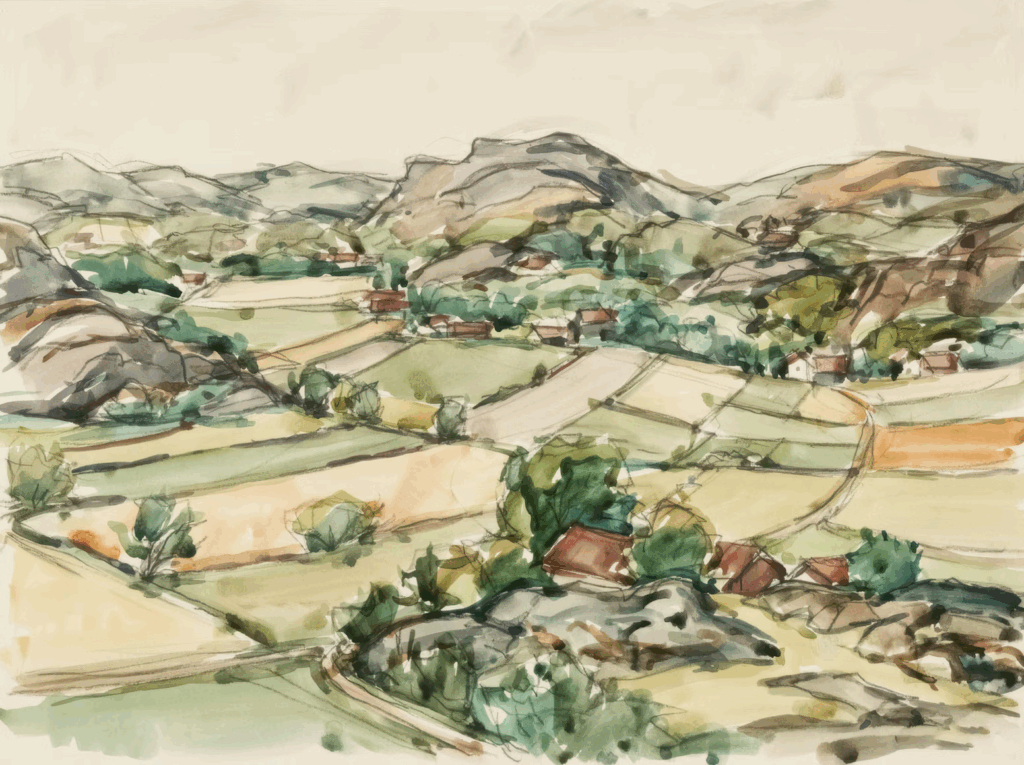I write about the Fediverse quite often here. The main reason I find the Fediverse movement so important is because I care about #democracy. In this post I explain why the *Fediverse loves democracy*.
(This post is a bit long. If you want a snappier version, just be patient: My main goal with this blog is to develop these arguments, so I may post a snappier version in the future :))
The Fediverse
There are many good introductions to the #Fediverse around, but here a quick recap touching upon the main features in the light of democracy:
A Movement for digital freedom
Some may describe the Fediverse rather narrowly, as a network of social media platforms that all speak the same language (most notably the activityPub protocol). Great examples of such platforms are the remotely Twitter-like #Mastodon, the video sharing platform #peerTube and the inspiring #Bonfire project. More than as a network, I like to view the Fediverse as a movement. A movement of people developing, using, celebrating social web software that is free and open for everyone, and owned by no one.
Anything connected to everything
The core idea is that, as long as software developers agree on the language (protocol) that their social platforms speak, you can have an evolving network where new softwares platforms come and go, and anyone has the agency to define theirselves what their digital social world looks like.
For example, a politician with snappy opinions may look for a twitter-like platform. An acid techno producer may choose something like the good old myspace. A faculty of film history may like to post their archives on a Youtube-like platform.
Key feature for democracy: Interoperability
The previous paragraph may seem like old news to you. Now, realize, that in the Fediverse, all such platforms also exist, but then interconnected: The politician may connect to the acid techno producer’s music channel; the acid techno producer may follow the film history movie archive. Note how different this is from the “fenced gardens” of classic big tech platforms that can’t interoperate.

Why Interoperability is good for Democracy
Freedom of movement smothers the fire of hate and misinformation
Classic big tech social media are monopolists, each being one huge platform: You connect to old friends on facebook, you humbly brag on LinkedIn, you dance on TikTok. If you don’t like the direction a platform is evolving – maybe you hate how facebook feeds you with AI-generated advertising – your only choice is to leave and lose all your connections.
In the Fediverse, in contrast, there are always alternative digital “villages” to move to. These villages can be built by anyone with the technical skills to set up a server. There are enough villages (and some small cities) that anyone can find a place where they feel at home. If you move to such a village, you just inform your connections that you moved, so you don’t loose your friendships!

Now, imagine what this freedom of digital movement would do to the common business models of facebook, tiktok, LinkedIn and Twitter, which is: Force-feeding you hateful content, only to get your attention. Making you addicted to collect your data 24-7. Taking big money from governments and companies for showing you their lies . Just imagine you can simply move away from such a place.
Obviously, when people can freely move, this business model is at risk. It is no coincidence that Musk hates the fediverse platform Mastodon.
Knowing your enemies facilitates understanding
Since Musk bought Twitter, it has become obvious that platforms may, and do become political. The much less popular twitter alternative #Bluesky is often called something like “liberal X competitor“. This should not be news to anyone. Facebook used to be rather clearly “woke”, 8chan has always been extremist right-wing. I believe it is only healthy when in the digital world, like in the offline world, there are communities of different political color.

Note however, that in the real world, it is common sense that when communities get segregated, problems occur. We are aware that only when we meet each other, we can build understanding and respect. This awareness still has to grow concerning our digital world.
In the big tech dominated digital world, Facebook accounts don’t interact with Twitter accounts, and Reddit users miss most of the fuzz on 8Chan; they are separated communities. Given that we spend ever more time online, it is only logical that in our communities seem to get ever more segregated and polarized.
In a federated social media space, in contrast, diverse communities stay connected. You may set up your own right-wing anti-woke Mastodon instance, but – if you do don’t screw up too badly and get blocked by other instances – you can still connect to people from different bubbles on other instances.
The Fediverse Loves Democracy
The Fediverse promises a digital society with freedom of movement and unlimited connectivity. These features quench the flames of hate and misinformation, and increases the mutual understanding and respect that are essential for a free and democratic society.
Leave a Reply